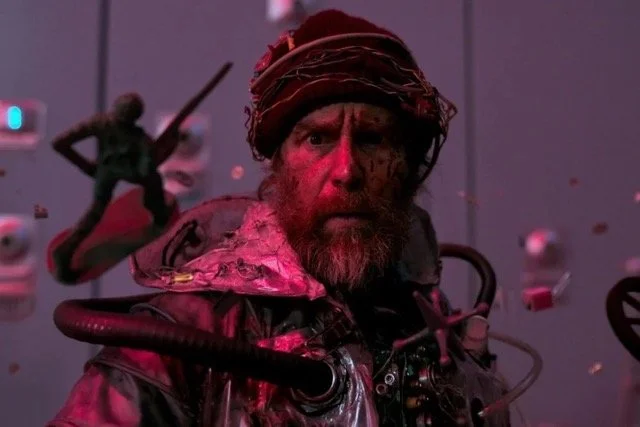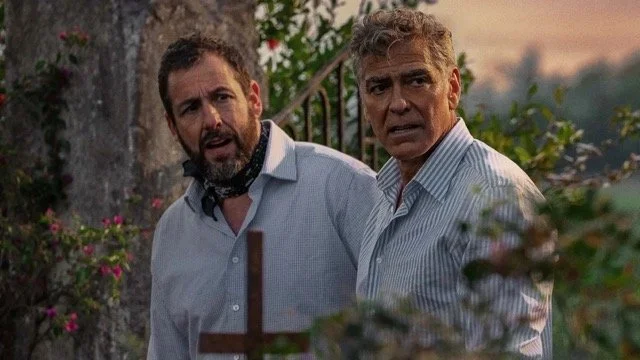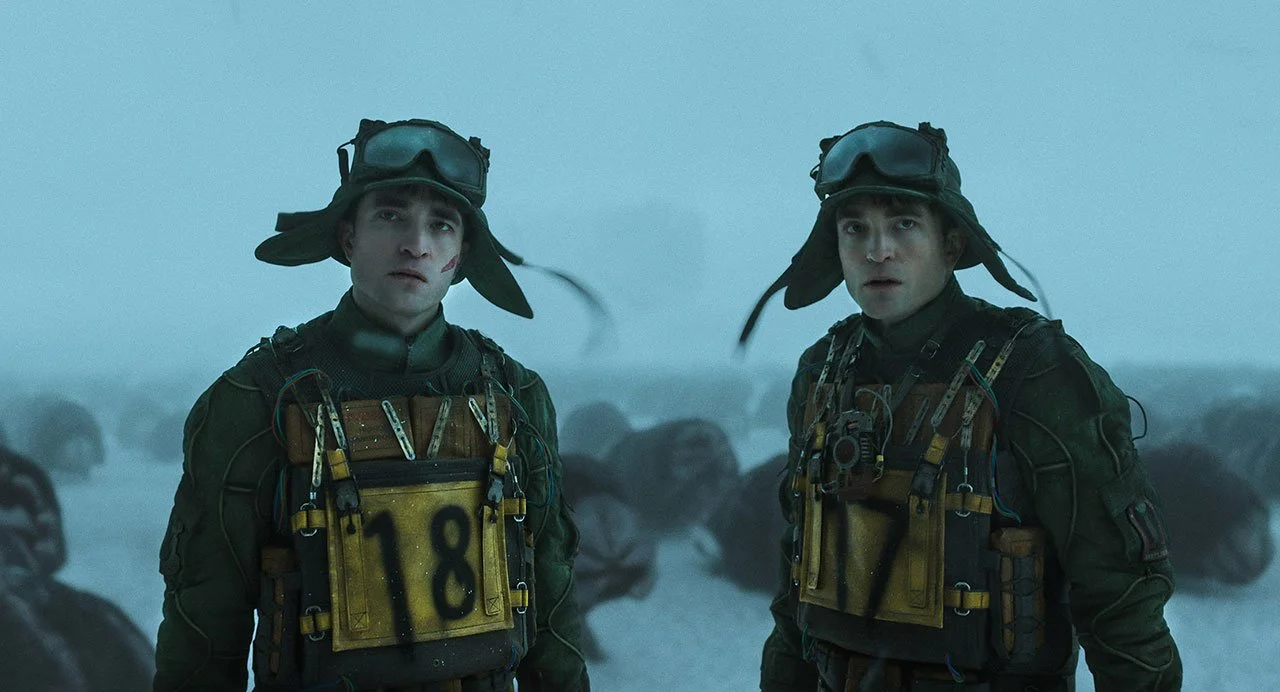Afire Finds a Spark but Doesn’t Catch
Christian Petzold’s Afire begins with the most mundane of disasters. Leon and Felix aren’t far from Felix’s parents home near the sea when their car breaks down. What should have been a simple drive to begin their retreat is instead an onerous and directionless trek through the woods.
It’s a portent for what will unfold in the coming days. Leon and Felix have, ostensibly, come out to this somnolent cabin to further their arts: Leon (Thomas Schubert) is polishing his latest novel, and Felix (Langston Uibel) is seeking inspiration for an art school portfolio. But for all his attempts, Leon isn’t going to get much work done—nor is he going to get much sleep, for that matter.
The two friends are confronted with a third party, Nadja (Paula Beer), who’s also been offered use of the house. Her presence forces the two men to share a smaller bedroom, and her nightly trysts stave off any hope of slumber. An even bigger interruption looms—a nearby forest fire is gradually expanding, putting this entire trip and the landscape itself in a tenuous place.
Leon’s visibly frustrated, lamenting the obstructions to his work, but he’s rather resourceful at finding any excuse to forestall progress. He falls asleep on the beach, he reads Nadja’s journal, he generally does nothing. While his energy for writing dwindles, he manages to sustain abundant vigor for being a misanthrope. Leon is insecure in every aspect of his personhood. He slights the work of others. He remains fully clothed—sneakers included—at the beach. He’s envious of affection given to others, whether of a romantic, platonic, or professional nature. In fact, his insecurity has tightened his awareness into pure solipsism.
This is crucial to the character Petzold crafts. The first thing that Leon does is dismiss the warning of the car misfiring moments before it breaks down. Perhaps it isn’t willful; the scope of his attention has become so narrow that he never noticed. To Leon, none of these things—the car, the forest fire, his editor’s health scare—are portents, they’re merely grievances about his ability to finish his novel. Later in the film, Nadja quotes Heine’s poem “The Asra”: “Every day his face grew paler,” and Leon does indeed seem to diminish with each passing day his work languishes.
In the annals of writer’s block narratives, Afire presents a classic “he’s the real obstacle” setup. Schubert leans on Leon’s schlubbiness, accentuating his envy with a streak of self loathing. His performance is enjoyable, if a bit simplistic. Petzold surrounds Leon with people who are having immeasurably more fun, but they don’t seem fully sketched, either. Nadja is almost a woodland fairy disappearing through the trees, as she is wont to do. Her character is ultimately thin; the script allows Beer to demonstrate resolve, but resolve without real personality remains lacking.
Petzold has a skill for imagery and ambiguous storytelling, but they don’t seem to serve a stronger purpose in Afire. (A particularly odd and unnecessary choice is a Chekhovian pig squeal.) It is a fine film with intriguing themes that remain a little too hushed: the interruption of beauty and destruction; the interruption of other people. These are not even distinct things, for other people may be the presence of the selfsame beauty. Or the very destruction.



